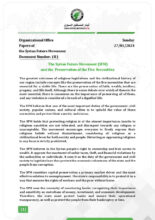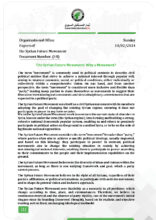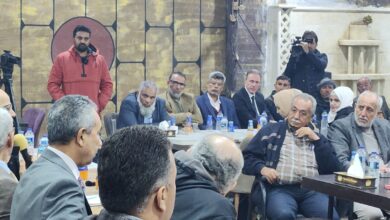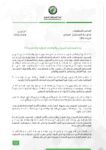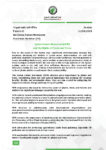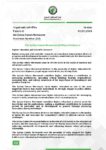The Syrian Future Movement and Democracy
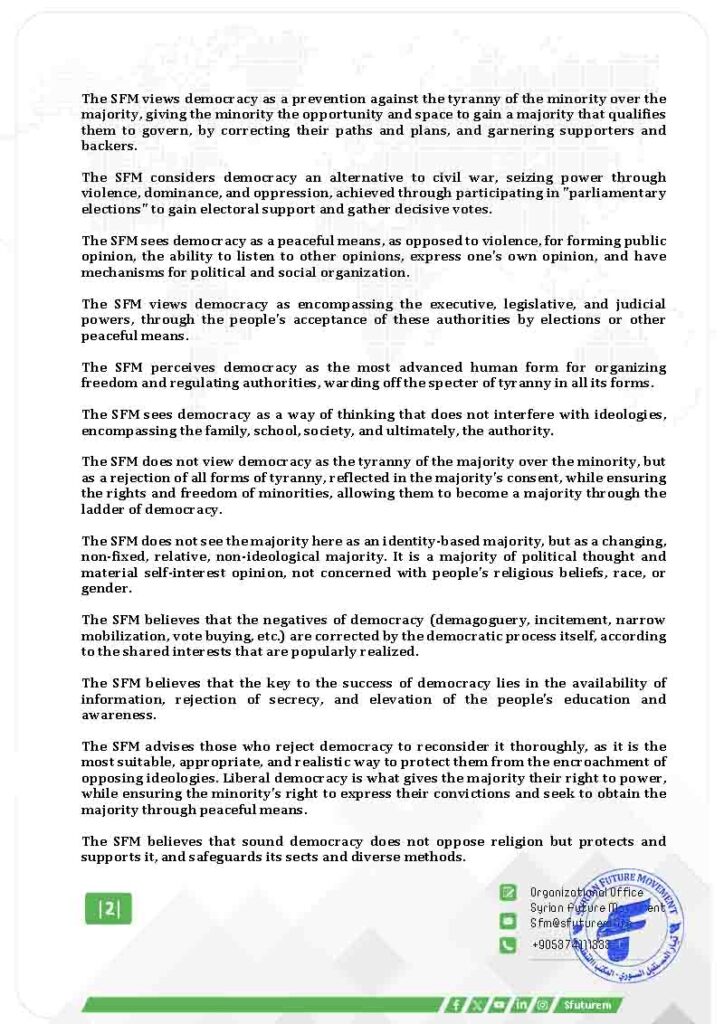
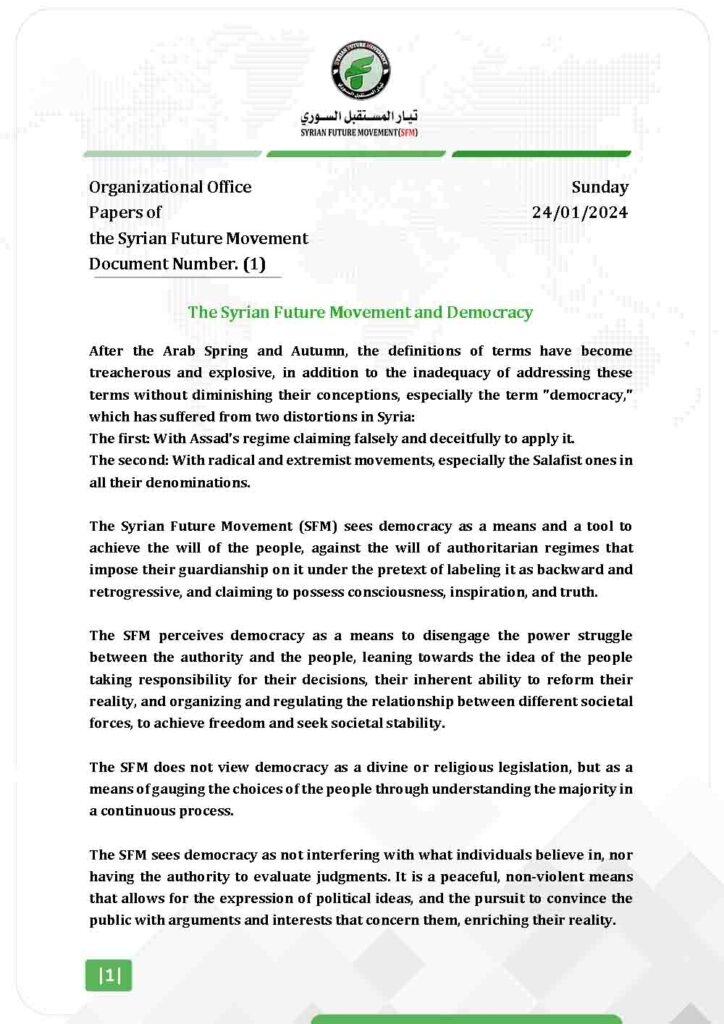
After the Arab Spring and Autumn, the definitions of terms have become treacherous and explosive, in addition to the inadequacy of addressing these terms without diminishing their conceptions, especially the term “democracy,” which has suffered from two distortions in Syria:
The first: With Assad’s regime claiming falsely and deceitfully to apply it.
The second: With radical and extremist movements, especially the Salafist ones in all their denominations.
The Syrian Future Movement (SFM) sees democracy as a means and a tool to achieve the will of the people, against the will of authoritarian regimes that impose their guardianship on it under the pretext of labeling it as backward and retrogressive, and claiming to possess consciousness, inspiration, and truth.
The SFM perceives democracy as a means to disengage the power struggle between the authority and the people, leaning towards the idea of the people taking responsibility for their decisions, their inherent ability to reform their reality, and organizing and regulating the relationship between different societal forces, to achieve freedom and seek societal stability.
The SFM does not view democracy as a divine or religious legislation, but as a means of gauging the choices of the people through understanding the majority in a continuous process.
The SFM sees democracy as not interfering with what individuals believe in, nor having the authority to evaluate judgments. It is a peaceful, non-violent means that allows for the expression of political ideas, and the pursuit to convince the public with arguments and interests that concern them, enriching their reality.
The SFM views democracy as a prevention against the tyranny of the minority over the majority, giving the minority the opportunity and space to gain a majority that qualifies them to govern, by correcting their paths and plans, and garnering supporters and backers.
The SFM considers democracy an alternative to civil war, seizing power through violence, dominance, and oppression, achieved through participating in “parliamentary elections” to gain electoral support and gather decisive votes.
The SFM sees democracy as a peaceful means, as opposed to violence, for forming public opinion, the ability to listen to other opinions, express one’s own opinion, and have mechanisms for political and social organization.
The SFM views democracy as encompassing the executive, legislative, and judicial powers, through the people’s acceptance of these authorities by elections or other peaceful means.
The SFM perceives democracy as the most advanced human form for organizing freedom and regulating authorities, warding off the specter of tyranny in all its forms.
The SFM sees democracy as a way of thinking that does not interfere with ideologies, encompassing the family, school, society, and ultimately, the authority.
The SFM does not view democracy as the tyranny of the majority over the minority, but as a rejection of all forms of tyranny, reflected in the majority’s consent, while ensuring the rights and freedom of minorities, allowing them to become a majority through the ladder of democracy.
The SFM does not see the majority here as an identity-based majority, but as a changing, non-fixed, relative, non-ideological majority. It is a majority of political thought and material self-interest opinion, not concerned with people’s religious beliefs, race, or gender.
The SFM believes that the negatives of democracy (demagoguery, incitement, narrow mobilization, vote buying, etc.) are corrected by the democratic process itself, according to the shared interests that are popularly realized.
The SFM believes that the key to the success of democracy lies in the availability of information, rejection of secrecy, and elevation of the people’s education and awareness.
The SFM advises those who reject democracy to reconsider it thoroughly, as it is the most suitable, appropriate, and realistic way to protect them from the encroachment of opposing ideologies. Liberal democracy is what gives the majority their right to power, while ensuring the minority’s right to express their convictions and seek to obtain the majority through peaceful means.
The SFM believes that sound democracy does not oppose religion but protects and supports it, and safeguards its sects and diverse methods.
